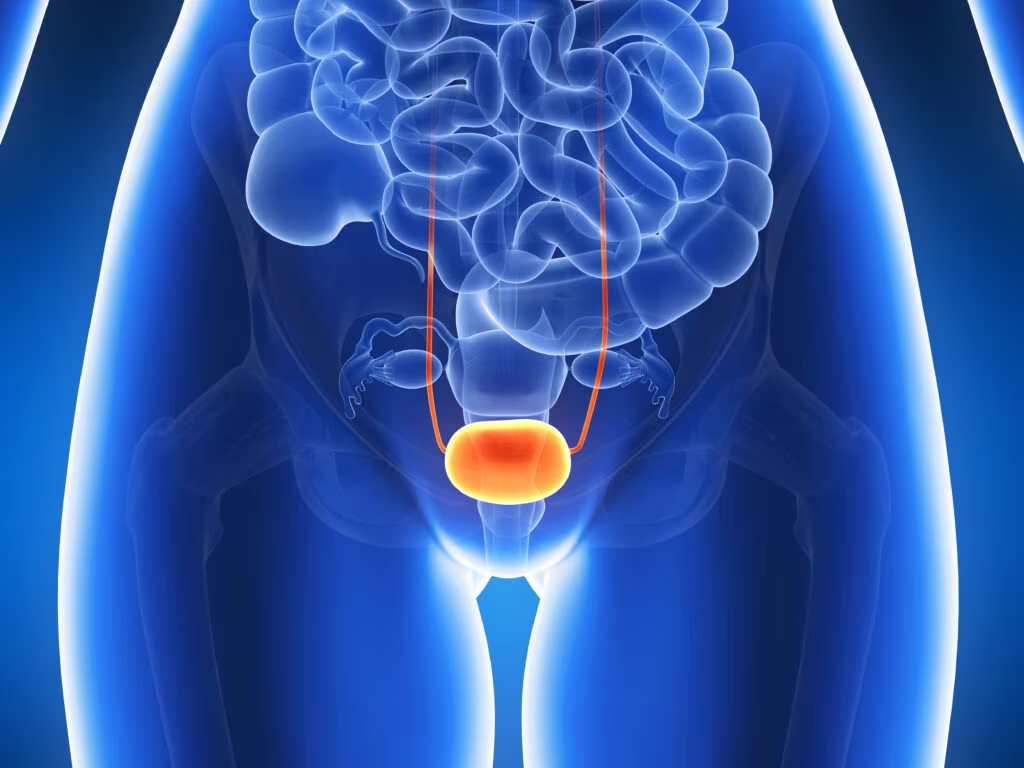Welcome to the latest edition of European Endocrinology. The impacts of the COVID-19 pandemic are being felt throughout the biomedical community, and the association between diabetes and poor prognosis in COVID-19 is of particular interest to endocrinologists. We begin with an editorial by myself and Avramidis, which provides advice on the management of patients with diabetes during the pandemic, and an editorial by Kalra et al., discussing the potential role of testosterone in COVID-19. A review by Priya et al. discusses the challenges faced by women with diabetes during the pandemic, including the optimal care of pregnant women and psychological health. Finally, Dutta et al. review clinical data supporting the use of hydroxychloroquine in COVID-19 infection in people with or without metabolic syndrome.
This issue also features articles on less common disorders. The first-line medical therapy for progressive neuroendocrine tumours is somatostatin analogues (SSAs); Sharp et al. comment on recent data suggesting that if patients progress on the recommended doses of SSAs, increasing the dose or frequency may be beneficial. Takotsubo cardiomyopathy (TCMP) is a cardiac disorder that is not caused by underlying cardiovascular conditions; Lakhani et al. propose that the term ‘takotsubo endocrinopathy’ is more appropriate, and describe the role of the endocrine system in the pathogenesis of TCMP.
Returning to the subject of diabetes, Kumar et al. discuss cardiorenal syndrome (CRS) in patients with type 2 diabetes and provide guidance for the optimal use of sodium–glucose cotransporter-2 inhibitors in the management of CRS. In addition, Sharma et al. explore the prevalence and reasons for nonadherence to insulin therapy in a hospital in India.
The adverse effects of common therapies remains an important issue. Anticancer therapies may cause disruption of sodium homeostasis. Bhattacharya et al. describe the most common manifestations of sodium imbalance and their appropriate management. Statin-associated muscle symptoms (SAMS) can cause a lack of therapeutic adherence; in an original research study, Singh et al. investigate the relationship between SAMS, vitamin D levels and low-density lipoprotein cholesterol.
The rising prevalence of obesity represents a public health crisis worldwide. Kapoor et al. present two studies. The first study evaluates health-related quality of life in morbidly obese women attending a bariatric clinic in India. The second examines the prevalence and predictors of non-alcoholic fatty liver disease in morbidly obese women in South India.
In other studies in this issue, Kamrul-Hasan et al. explore the impact of subclinical hypothyroidism on reproductive and metabolic parameters in polycystic ovary syndrome. In addition, Dutta et al. explore the impact of a carbohydrate-rich meal on post-prandial lipid parameters in subclinical and overt primary hypothyroidism.
We conclude with two case reports highlighting rare conditions. Aggarwal et al. describe a case of bilateral adrenocortical carcinoma presenting as acute adrenal insufficiency, while Boro et al. present two cases of insulin autoimmune syndrome, which is seen primarily in Japanese patients.
European Endocrinology would like to thank all authors who contributed their expertise towards this edition. We are grateful to our Editorial Board for their guidance. Thanks also go to all organisations and society partners for their support. Finally, we hope you all stay safe and well during these difficult times.
John Doupis
Dr John Doupis is Director of the Diabetes Division of Iatriko Palaiou Falirou Medical Center, and the Internal Medicine and Diabetes Department of the NS Naval Hospital, Athens, Greece. He is a former clinical research fellow of the Joslin Diabetes Center, Harvard Medical School, Boston, MA, USA, and scientific partner of Joslin-Beth Israel Deaconess Foot Center, also at Harvard Medical School in Boston. He has served as a principal investigator in many multicentre phase I, II, III and IV clinical trials, most of which have been published in international journals or presented at congresses. He is a registered reviewer and a member of the editorial board for many major diabetes medical journals. He has given numerous lectures at national and international congresses, presenting over 200 abstracts. His special areas of interest are diabetes and its complications, diabetic foot, diabetes-related smart technology including mobile apps and telemedicine, and obesity.












